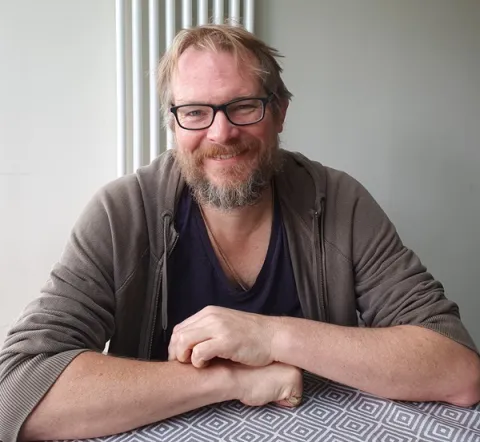Project overview
- Engage a broad range of stakeholders within Nepal to identify the key issues and priorities for people with disability within the country
- To co-develop an interdisciplinary proposal for large-scale funding to develop a longitudinal intervention study in Nepal, with participants aged 18-49 with a disability, for submission in mid-2026(depending on funder calls and deadlines)
- Ensure that the University of Southampton is seen as a key partner to the Nepali government and NGO sectors with regards to developing policies and support for people with disabilities within Nepal
The Nepal 2022 Census found 2.2%of the Nepali population have a disability, although this is a severe underestimation. Worldwide the percentage of people with a disability is estimated to be about 16%. Our previous research conducted in Nepal on disability due to lower limb conditions indicate that the percentage affected is between 6% and 10%, depending on location.
This project will build on our previous research through conducting the following activities:
1. develop a partnership network within Nepal to support a large-scale collaborative interdisciplinary project application exploring the efficacy of interventions for people with disability in lower-resource settings.
2. conduct stakeholder engagement events with people with disabilities and a range of other stakeholders in Nepal to ensure the research we are conducting is targeting the priority areas as defined by people with disability.
3. write and finalise a project funding proposal to be submitted which is fully discussed, supported and approved by stakeholders within Nepal which can be demonstrated to the funders.
Disability in Nepal, and across ODA countries, is under-researched. The study team recently led the dissemination of findings around lower limb disability in Nepal, highlighting the large-scale issue. This was in conjunction with CREHPA, a high-quality non-profit research agency, who will be leading this work within Nepal. From this pump-priming project, a longitudinal study exploring issues related to disability across Nepal will be developed. Within this longitudinal study an intervention will be conducted to improve the wellbeing of participants, although the details of this will be developed during this project. Currently, limited evidence exists on the scale and impact of disability in low-resource settings, resulting in a lack of understanding about the effectiveness of interventions and potentially contributing to the marginalisation of people with disabilities. A longitudinal cohort study, including evaluation of interventions for people with disability in lower-resource settings will have wide impact on disability policy across ODA countries.
This project will conduct two stakeholder engagement events across the period of funding. These will develop links with multiple partners in Nepal to define the intervention study scope, ensuring salient issues relating to disability in Nepal are addressed. These events will be held in Kathmandu (urban), and Kaski district (rural), to ensure that different voices and concerns are raised.
Stakeholders will include:
- People with disabilities, broadly defined, and including both physical and intellectual disabilities.
- Government officials from the Department of Health Services and other relevant departments to ensure buy in and support of the initiative.
- NGOs and iNGOs working within the disability space across Nepal
Although the stakeholder events will be the focus of the work, there will be long term engagement of the governmental and NGO sectors, as the PI is planning to be in Nepal for a portion of the 25/26 academic year on different activities, and will combine work on this project development where possible and appropriate.



